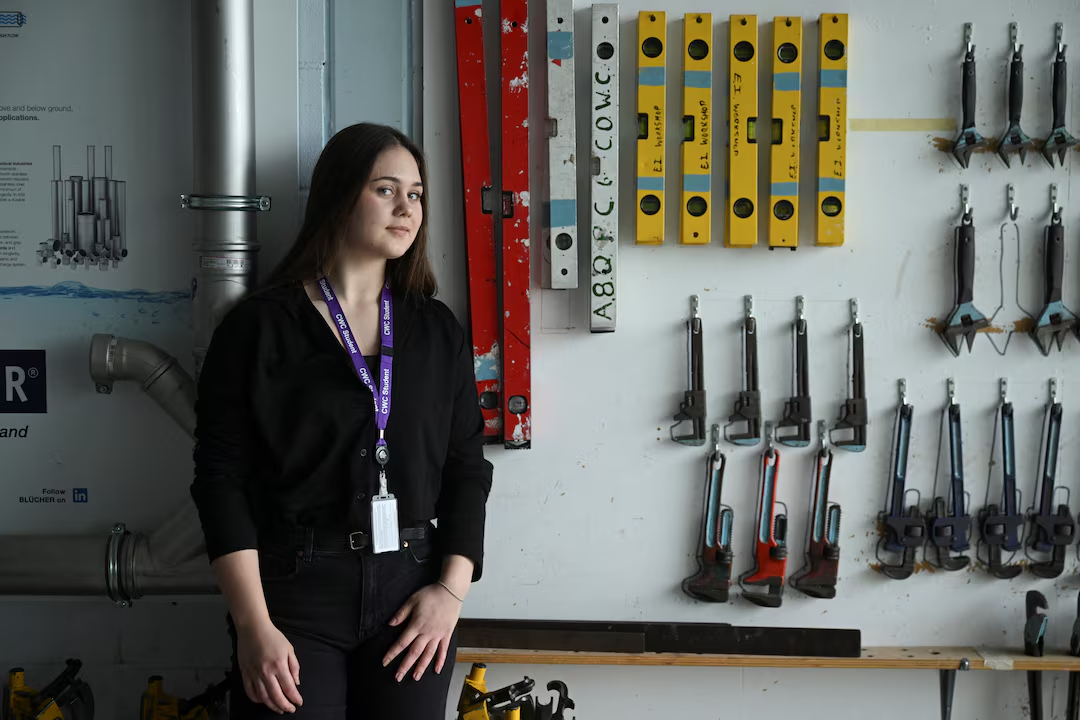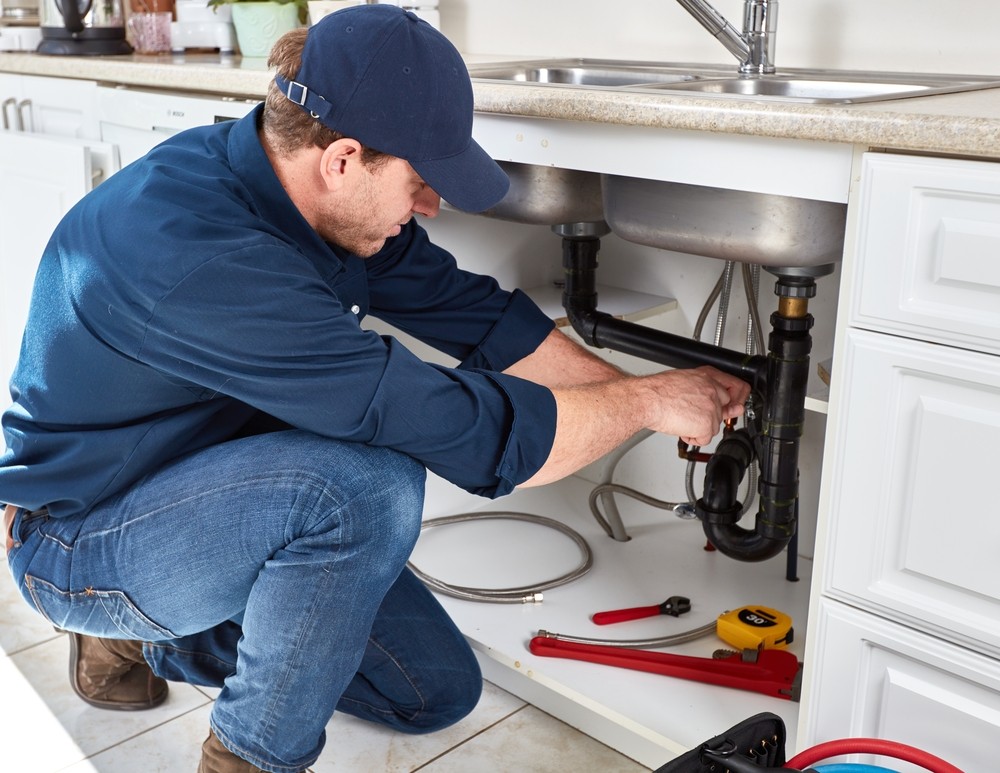Harsh winter months are a big challenge to the heating and plumbing system of your house. The heating system is overworked and less daylight means the pipes around the house may freeze and rupture after sunset.
So, the best thing to do is to protect the plumbing and heating system throughout the year. This will ensure the smooth functioning of these systems in winter and also save the extra expenses of calling for professional help.
In this article, we will be giving you some helpful tricks to protect your plumbing and heating systems before winter.
Table of Contents
Maintain Your Heating System
Many people tend to switch their heating back on long before winter arrives, whereas some prefer to hold on a while longer. Pre-winter tends to be one of the busiest times for HVAC technicians because many people discover their heating system is working poorly or not working at all after turning it back on after summers.
We recommend that you can save yourself from the expenses and cold by maintaining your heating system throughout the summertime. The first recommendation is to get your furnace serviced especially if it hasn’t been serviced in more than a year.
In addition to that, make sure to have a registered gas safe engineer inspect the furnace and other gas appliances in your house for leaks. After carrying out the inspection, the engineer will give hand you a gas safety certificate that is required by law if you’re a resident in the UK.
The gas safety certificate cost starts from £60, which is quite reasonable. A safety inspection is a good way to prevent any safety hazard and will also ensure none of the gas appliances in your house are leaking.
Lag Outdoor Pipes
Every heating system has outdoor pipes that bring water in and expel the wastewater in your house. Harsh winters cause the water inside your house to freeze, leading the water to expand and causing the pipes to burst. Lagging outdoor pipes means wrapping the water pipes in insulation to help delay the start of the winter freezing.
Clear Drains
Leaves and other dirt that washes into your drain during the summertime can result in drains getting clogged up. Moreover, we are all guilty of putting greasy and oily food in the sink during the holiday season. But when winter arrives and brings heavy rain and melting snow along, all the mess in your drain can lead to flooding if there is nowhere else for the water to go.
So, make sure to check and clean your drain regularly throughout the year. Moreover, avoid putting hard food and other items in your sink to prevent them from clogging. Make sure to run cold water through the system before and after you use it.
Disconnect Outdoor Hose
Since gardening duties are always on hold for the winter, many people don’t get to use the outside hose for months. So, disconnecting the outdoor hose beforehand will prevent it from freezing as there will be no accumulated water in the pipe and hose.
After you disconnect the hose, make sure to take some extra precautions and immediately drain the outside faucets, and shut off the valves. Most homes have valves located in basements near the outside faucet is located.
Lastly, make sure to invest in an insulated faucet jacket. This will not only keep the faucet dry and prevent it from freezing, but also protect your indoor plumbing from the harsh weather.
Get a Programmable Thermostat
If you don’t already have one, getting a programmable thermostat before winter may be the wise thing to do. Your utility bills usually tend to increase significantly during the winter and are extra stress on your expenses.
However, programmable thermostats are a wise investment that can get you to save extra on your energy bills. This can be done by setting the heat and temperatures to be the most efficient based on your whenever you’re home or go to bed.
Change Air Filters
Air filters protect HVAC systems from dirt and debris accumulation that later cause poor performance and damage to important appliances for winter. If you haven’t replaced your air filters in up to 12 months, doing so before winter will save you from appliances such as furnaces breaking down during the winter months.
Inspect Ducts
Duct leaks are a common cause of poor heating systems during the winter. A significant amount of heat is lost flowing through air ducts and getting wasted away into other areas instead of reaching your house during winter months due to duct leakage. Therefore, make sure to inspect the ducts around the house for any leaks. You can also do this by taking help from a professional.
Protecting Your Plumbing and Heating in Winters
Cold winter months can be tough on many homeowners, especially due to necessary winter appliances frequently breaking down or functioning poorly. However, luckily, numerous steps can be taken to avoid this which is why we prepared this guide for you. We hope you find it helpful and can welcome winter warmly!











